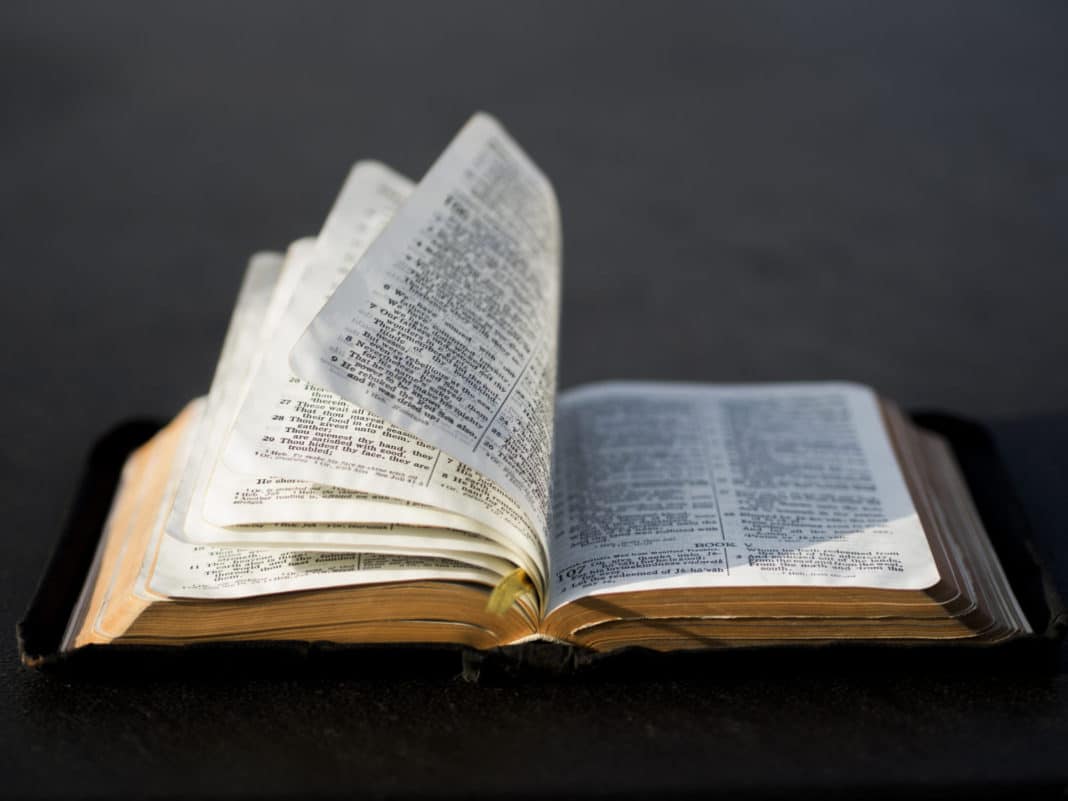October 31, 1517 is the 500th anniversary of a revolution. It began when a young, obscure theologian in an insignificant town in Germany rediscovered the radical grace of the gospel. It soon set the world ablaze. On October 31, 1517, Martin Luther nailed a copy of his 95 theological challenges to the door of the church in Wittenberg, Germany. This was the crystallizing moment for a movement that had been growing around Europe. For a hundred years, the Bible had been translated into the languages everyday people could understand. Reading the Scriptures in plain language was kindling a fire in the hearts that maybe Jesus Christ is different than the medieval church had said he was. Maybe there could be some freedom from the relentless cycle of sin, confession, penance, and the purchasing of so-called indulgences to reduce one’s punishment for sin.
Luther did not come to his revolutionary conclusion easily. He spent years haunted by a question, “How do you get right with God?” He knew the truth: there is a gap between God and us. There is rift between a holy God and sinful humanity. We are in a perilous condition. How can we close the gap and be made right? Luther spent years trying to close the gap by living righteously. He tried to merit God’s favor through his devotion as a monk. He confessed his sins so exhaustively, to the minutest detail, that he wore out his confessor. He followed the rule of the monastery with great devotion. Still he felt condemned. No matter how hard he worked at being good, he could not get a sense that he was loved and accepted by God. Luther wrote:
Though I lived as a monk without reproach, I felt that I was a sinner before God with an extremely disturbed conscience. I could not believe that he was placated by my satisfaction. I did not love, yes, I hated the righteous God who punishes sinners…[1]
In those days, Luther meditated constantly on Romans 1:17 which says, “He who through faith is righteous shall live.” The verse kept daunting him because it seemed to mean that he himself had to be righteous in order to relate to God in faith. And he just was not righteous in himself. You know how it is if you think someone is always judging you: You resent them. So Luther grew to hate the righteous God who seemed to be standing always against him, always condemning him. Yet this verse also haunted him. He wanted to be righteous. Yet the righteous live by faith. How could he do that? One day, as he meditated on this verse, it struck him that righteousness is not something that comes from us. Righteousness is a gift from God that we receive by faith. We do not work up right standing before God. God gives us his own righteousness through Christ. When he grasped that, Luther felt that he was “altogether born again and had entered paradise itself through open gates.” [2]
Luther’s break-through was realizing that God gives to us Christ’s own righteousness. We cannot make ourselves right with God. His grace comes from outside of us in Christ’s life, death and resurrection. When we turn to Christ in faith, we are joined to him and receive all that Christ has. Luther called it an “alien righteousness.” It is not native to us. It’s a gift. Only Jesus Christ is a man righteous before God. By faith, we rely on Jesus not ourselves. “The righteous shall live by faith” means that we receive by faith the righteousness of Christ with which God clothes us. It changed everything for Luther.
God gives us the righteousness of Christ. For no other reason than that he loves us. We do nothing to earn it, buy it, or deserve it. We just receive it by faith. The whole system of confession and penance in order to wipe out sins was a lie. The whole economics of buying credits of merit from the treasury of Christ was a lie. The whole idea that through the sacraments of the church I might earn enough credit was a lie. Justification is credited to me by God’s free gift of grace in Christ. I look away from myself to Christ alone. This was a revolution in spiritual freedom. I can stand before God when I come clothed in Christ’s righteousness alone. Faith means agreeing that Christ alone is the Savior and I cannot save myself.
This is still great news. It is still revolutionary. I find freedom when I give in and admit that I am a sinner, helpless to close the gap with God. I agree with Luther that my heart is so curved in on itself that it cannot by itself ever open back towards God in love and obedience. We do not need a patch to help us be a bit better. We need a revolution in our hearts. That is what Paul was getting at when he wrote, “If anyone is in Christ, he is a new creation. The old has gone, the new has come. All this is from God, who through Christ reconciled us to himself and gave us the ministry of reconciliation; that is, in Christ, God was reconciling the world to himself, not getting their trespasses against them.” That is revolution!
_________________________________________
The Reverend Dr. Gerrit Dawson is Senior Pastor of First Presbyterian Church (EPC), Baton Rouge, LA
[1] Luther’s Works 34, eds. Lewis Spitz and Helmut Lehmann (Philadelphia: Muhlenberg Press, 1960), 336-337.
[2] Ibid, 336-337.
